By Ngozichukwu Enoch-Oyeduntan
Nigerian Youths for decades have been oppressed, marginalised and exploited by the political elite. Stress, anxiety, rage, and depression are all natural outcomes of marginalization.
Unresolved grievances can feed the flames of civil upheaval and protests, destroying a whole society. Nigeria saw a glimse of this during the EndSars nationwide protests that called for reformation of the country’s policing architecture.
Join our WhatsApp ChannelTherefore, as the crucial 2023 general elections approach, the clamor for youth-inclusive electioneering, governance and political structure is on the rise, as the political elite beat their drums for political conventions and campaigns. This in sight, the elite need not be told that marginalising youths in the forthcoming election could lead to economic and political problems that may deprive the country of peaceful co-existence.
Unfortunately, youth marginalization in economic, social, and political areas is a Nigerian phenomenon. Despite many adoptions of the United Nations Convention on Elimination of All Forms of Discrimination Against Youth in governance in Nigeria, inequality persists due to a plethora of political elite and structural issues. This has limited young engagement in most realms of government structure, with major consequences for human resource development and, in that capacity, the country’s economic development and the overall status of gender equality.
“The Youths are the Leaders of Tomorrow” is an adage that opposes the governance monopoly imposed by ageing Nigerian power brokers because aristocrats who have continued to suppress dominate the incumbent Nigerian government and marginalised the youths in Nigeria’s sociopolitical milieu. In Nigeria, regardless of cultural developments after independence, leadership is depicted as a right of the old.
In response to abating the continuous deprivation of youths in the socio-economic and political parlance, all around the world youth are mobilizing, with groups of young people organizing themselves and demanding attention to issues that specifically affect them as it was likewise displayed during the nationwide EndSars protest. Nigerian youths often marginalized from local and national development and political gains since 1999 transfer from military to democracy, youths are particularly marginalized and vulnerable to economic shocks, social instability, and conflicts. They are frequently left behind despite widespread development in other age groups.
Targeting or ignoring one group especially the youths who constitute of the more than half of Nigerian population can ultimately affect the whole nation. Leslie Lefkow, Deputy Director for Africa at the organization Human Rights Watch, said: “The problem of discriminating against or marginalizing minorities is one where you’re setting the precedent for the state to use discrimination. And in its most simple form, nobody should rest comfortably with that because you don’t know when that will be turned against you for whatever reason.” Only if our “aged” political elites would listen, and hasten to remedy the ongoing marginalization, by deliberately paving ways for the total inclusiveness of Nigerian youths in the forthcoming 2023 election.
The current political atmosphere in Nigeria unmistakably depicts a system under assault as a result of the acts, inactions, and reactions of the country’s ageing political elites in policymaking and execution. The existing generation of leaders in this country’s economy reflects a paradigm change from what was available in the post-colonial era, when the nationalists who campaigned for and secured independence from Britain were in their youth, but this is not the situation in Nigerian politics now. In this context of young deprivation, democratic tradition, which is important for progress, cannot flourish and be truly represented without youths in a plurality of elected positions.
As a result, whether perceived or genuine, marginalisation has the potential to obstruct the democratic drive. With so many young people clamoring for inclusion, there is an urgent need to confront the topic openly and ideally in the approaching election.
Following the 2015 general elections, there has been a strong clamor for Nigerian youths to democratically assume leadership of the country. No doubt, the 2017 agitation for youth involvement in government had a significant influence on the passing of the Not Too Young To Run Act in 2018. The Act was passed by the National Assembly in 2017 to amend Sections 65, 106, 131, and 177 of the Constitution, essentially lowering the age for running for president from 40 to 30; governor from 35 to 30; senator from 35 to 30; House of Representative from 30 to 25; and State House of Assembly membership from 30 to 25. This was a tremendous success for the country’s young people since it meant that they would have more opportunity to run for politics.
Therefore, considering that Nigeria has around 84 million registered voters, with the youths aged 18 to 40 accounting for more than 60% of registered voters. This shows that Nigerian youths have the capacity to change the country’s course, even if the political authority is unwilling to share power with them. Nonetheless, the youth require representative political leaders, and as Vice-President Osinbajo stated, power is never handed over on a silver platter; thus, the Nigerian youths must strategically reorganize themselves by registering with political parties, purchase forms for elective positions, and must awaken from their lethargy and become active in politics.
The significant role played by Zambian youths in the victory of opposition leader Hakainde Hichilema against incumbent Edgar Lungu in the recently concluded presidential election emphasize the importance of youths in elections. People under the age of 40 make up more than half of the electorate in Zambia, which is identical to the number eligible youth voters in Nigeria. Hichilema garnered their support and the election by pledging to put an end to years of oppression, unemployment, and economic suffering. As Nigeria prepares for the general election in 2023, the Zambia story may serve as a catapult and wake-up call to the country’s bustling youths, who constitute the bulk of the voting population, that a united front may bring about the necessary change in Nigeria’s leadership.

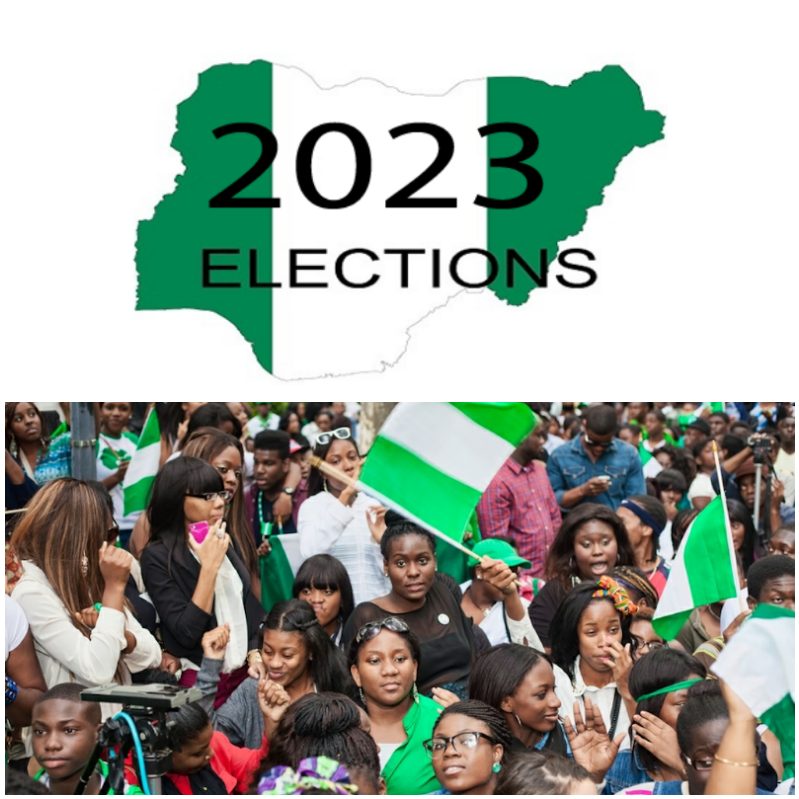


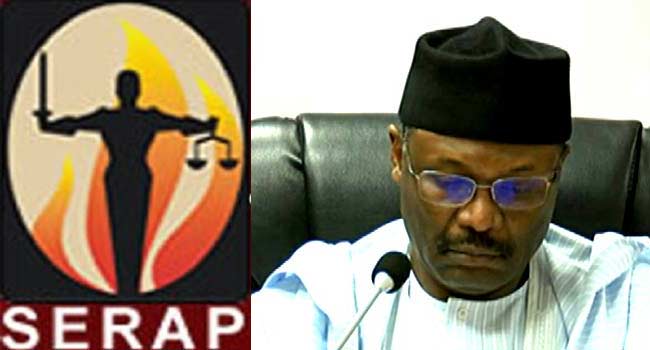
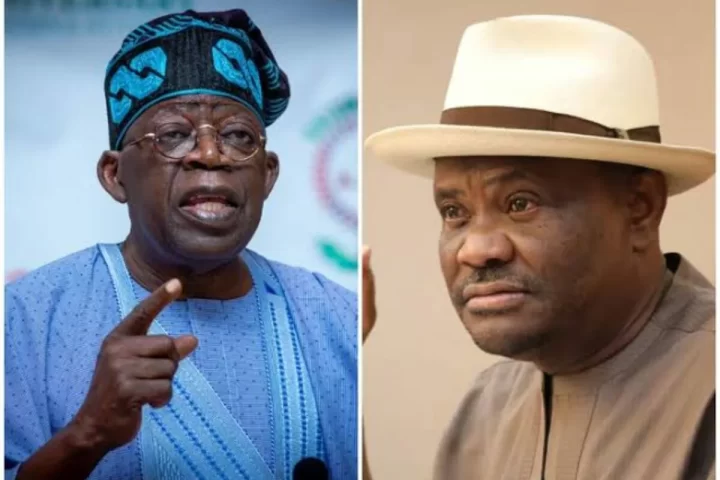
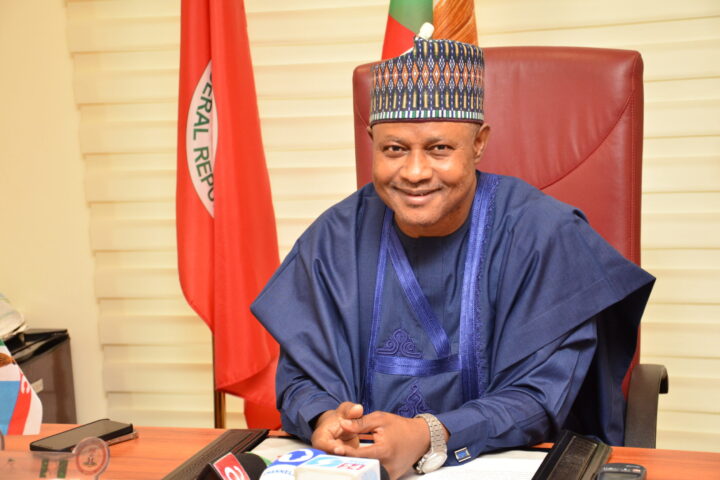
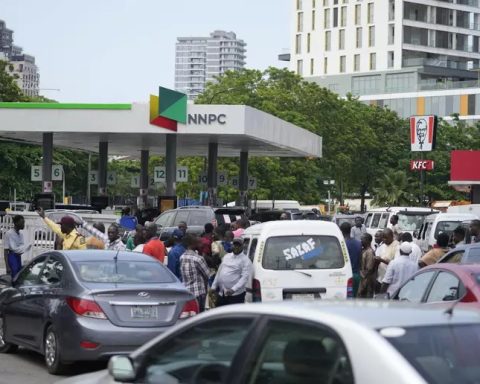

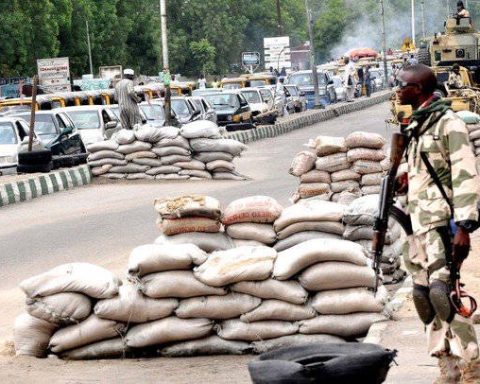
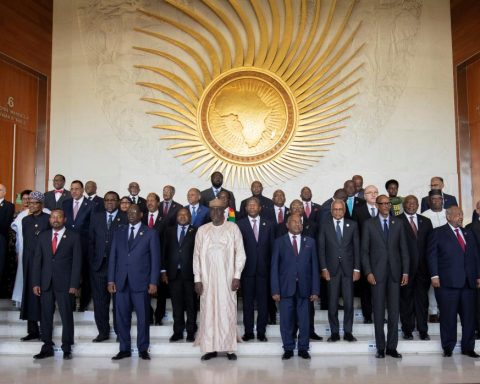

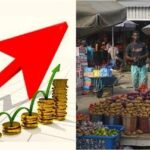

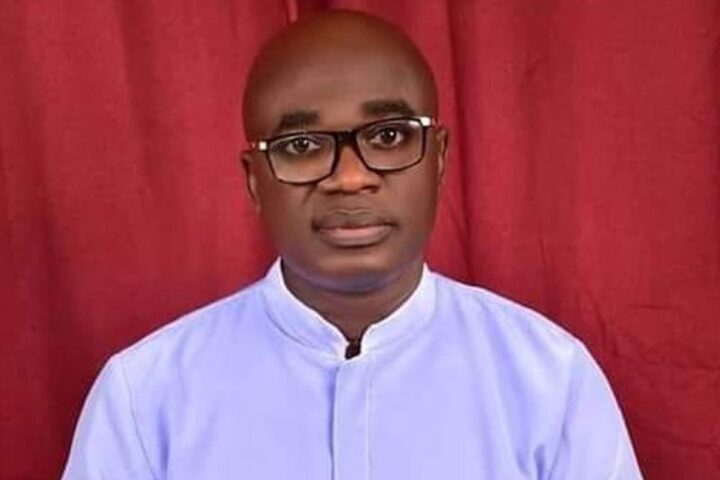
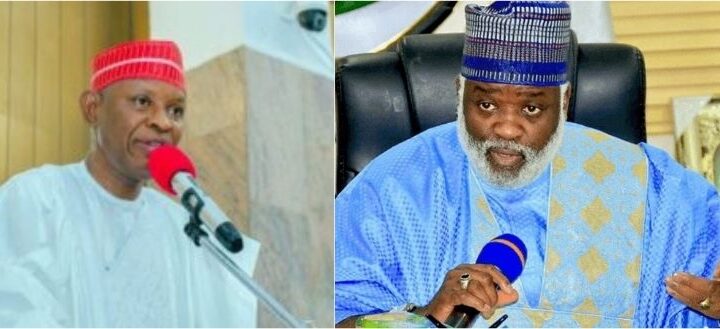
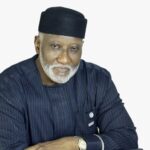
Follow Us